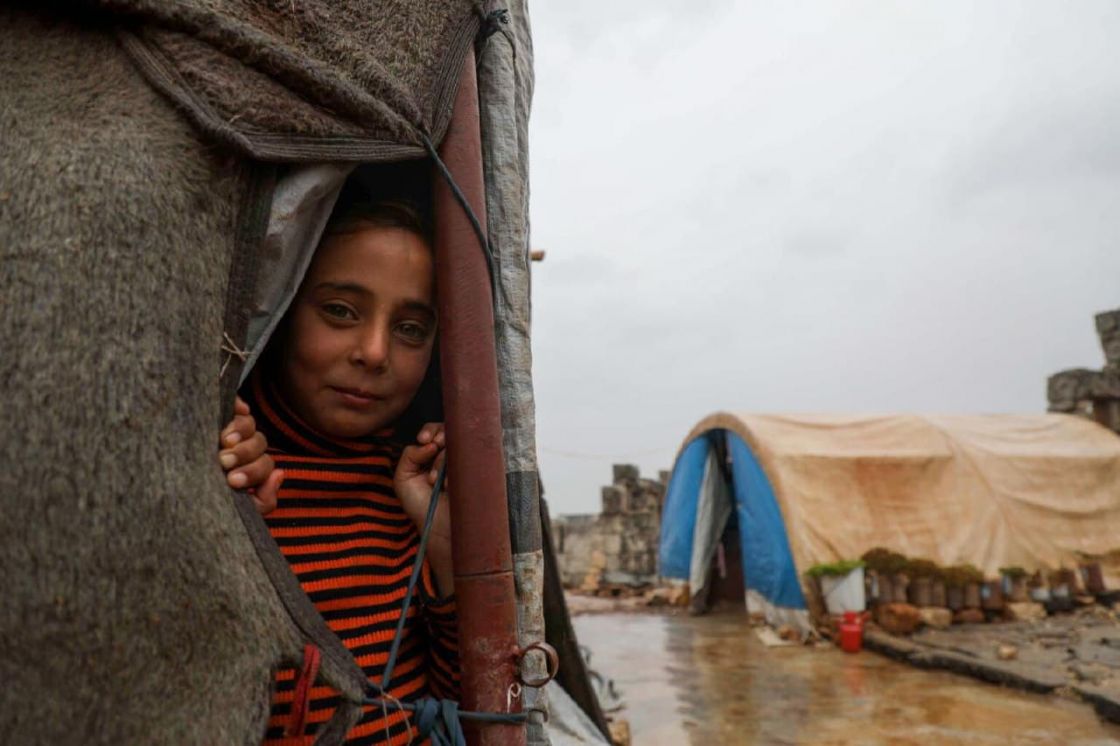- Editorials
- Posted
What’s After the Fifth Round?
A few days ago, the Syrian Constitutional Committee wrapped up its fifth round of work, and as expected, without any results. It has become quite clear, through experience, what we have repeatedly emphasized, which is that the Constitutional Committee is merely a key to the political process, that is, a key to implementing UNSC Resolution 2254, and it cannot accomplish definitive results without achieving two things:
The first is to transfer its work to Damascus accompanied with securing the necessary international/UN guarantees for its members, so that it meets continuously on a daily basis, provided that its meetings are televised so that the Syrian people know what the various sides claiming to represent them are saying. This way, there would no longer be an ability to use the excuses for disruption. Those among the opposition who refuse moving the work to Damascus even with guarantees, are following the same disruptive behavior used by the regime’s extremists who are ignoring the proposal to move the work to Damascus and even implicitly rejecting it.
The second thing that needs to be achieved, is the initiation of direct negotiations on the first basket of the four baskets of UNSC Resolution 2254, that is, the one concerned with the transitional phase. It has become clear from experience that it is not possible to move towards a comprehensive solution to the crisis without the first basket, and every delay to patriotic Syrians reaching consensus among themselves with regards to the form and nature of the transitional phase will only reduce their role and weight therein.
Ultimately, all historical processes have a shelf life that ends with their expiry. The same applies to the political solution. If the country continues for a long time without a solution, it will not only delay the political solution as some wish, but it will lead to the collapse of the entire country, with its people, its geopolitical entity, and the multiple powers that exist on its territories.
Along the same lines, what has been accomplished military-wise, starting from the end of 2015, that is, through the Russian involvement, against the international terrorism forces, on top of which is ISIS and al-Nusra, is an accomplishment that cannot remain unaffected as the crisis continues. This is particularly so as the crisis transitions to a very advanced stage of a brutal economic war launched by the West through its sanctions, which go hand in hand with the thieves, warlords, and the big internal corruption forces, supported by liberal governmental policies. The rise in ISIS activity during the last two months is only a preliminary indication of the validity of this correlation. As the crisis continues without a comprehensive political solution that establishes radical and deep democratic national change, terrorism will always be able to reemerge.
If we always reiterate that according to Syrian timing, it is time for the full implementation of UNSC Resolution 2254, which should be on the Syrian nationalistic working table, then the recurrence of failure and disruption in the Constitutional Committee reaffirms that 2254 should not only be on the implementation table, but specifically the first basket thereof with its many parts, on top of which is: “establishing credible, inclusive and non-sectarian governance.”


